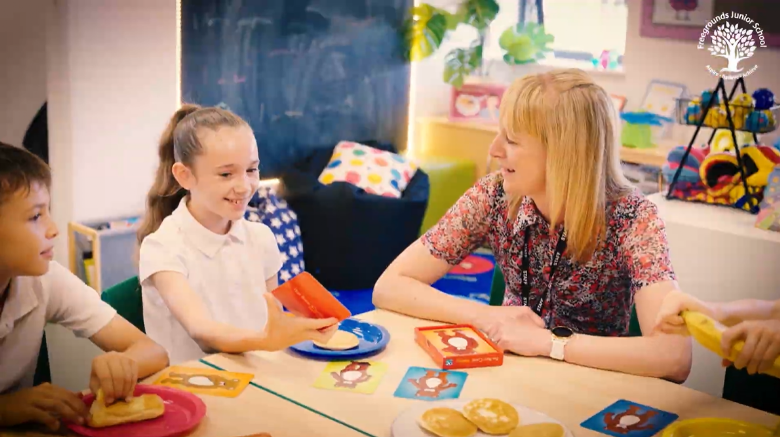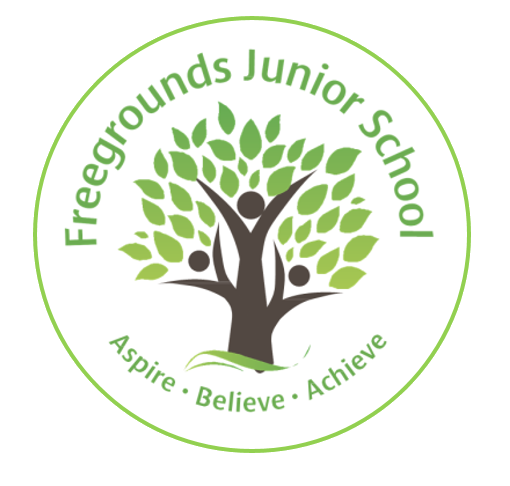Social, Emotional & Mental Health Provision (SEMH)

We recognise that, more than ever before, young people face tough challenges as they navigate their way through our fast-changing and often confusing world. At Freegrounds junior School, we support all our children to develop their social and emotional skills to cope with these challenges and build resilience in order to be at their best. By following the Empowerment Approach, we understand that children who feel better do better. Our aim is to empower children to take charge of their brains and behaviour.
As part of our 'ordinarily available provision', we provide plenty of opportunities through our Brain Fit lessons to help children learn about themselves; find out how their brains work and understand their needs and stressors. This knowledge helps them to make sense of what's happening, especially when things go wrong for them.
Children at our school know that all feelings are okay but not all actions are okay. When things go wrong, we support all our children by being insistent, persistent and consistent in listening to them, providing coaching support and providing them with the tools to help themselves. We also understand that some children require specific social, emotional or mental health support which is in addition to that which we offer to everyone.
We use a graduated response in how we meet children’s SEMH needs. Starting with a whole school approach and ethos in understanding and supporting social, emotional and mental health, it includes quality first teaching for all children, ranging from targeted interventions for groups of children or individuals and specialist interventions for those with the most complex needs using a graduated approach to inform a clear cycle of support.

Please see below for our graduated approach to supporting SEMH needs:
Universal Support
Quality-First Teaching strategies;
Brain Fit lessons;
PSHE;
Time-To-Talk pegs;
Trick Box;
Coaching Conversations;
Circle Time
Targeted Support
ELSA;
TALA;
EBSA Breakfast Club;
Lunch Provision Social Skills Support;
Pets As Therapy;
Social Skills Programmes (Lego Therapy, Time to Talk, Attention Autism);
Coaching Programmes
Specialist Support
Outside Agencies (CAMHS, School Nurse, Educational Psychologist, Counselling);
Personalised Support Plan (Individual Behaviour Management Plan);
Primary Behaviour Support service;
Coaching Programmes to develop skills;
